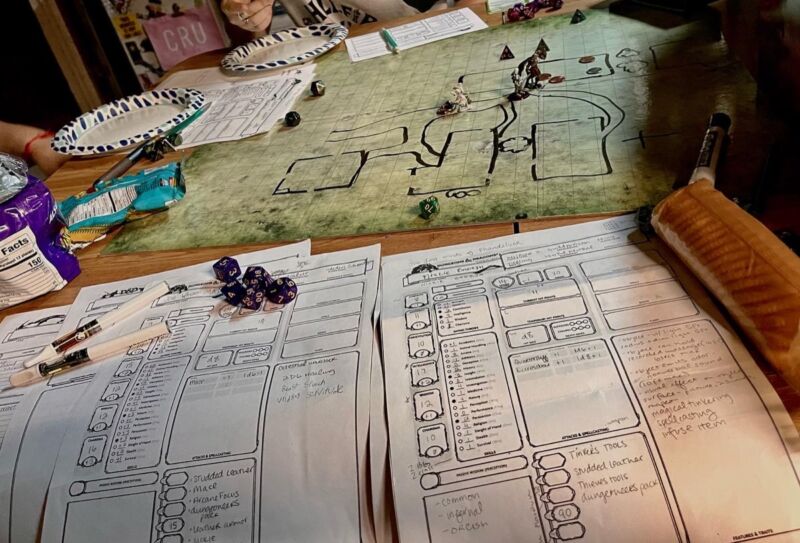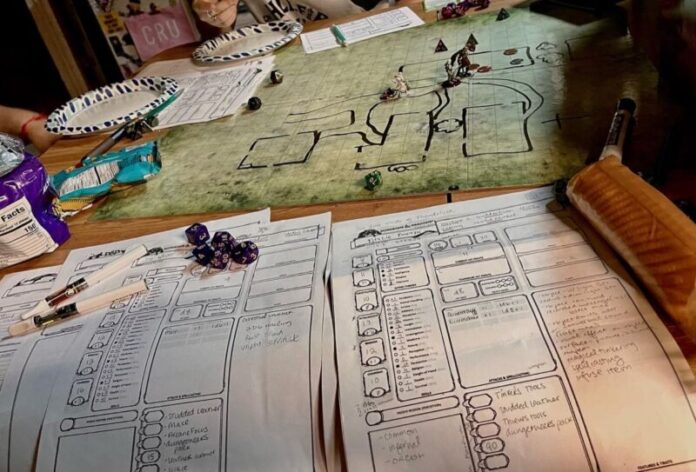
Enlarge / Researchers say that Dungeons & Dragons can give autistic players a way to engage in low-risk social interactions. (credit: Nicole Hill/CC BY-SA 4.0)
Since its introduction in the 1970s, Dungeons & Dragons has become one of the most influential tabletop role-playing games (TRPGs) in popular culture, featuring heavily in Stranger Things, for example, and spawning a blockbuster movie released last year. Over the last decade or so, researchers have turned their focus more heavily to the ways in which D&D and other TRPGs can help people with autism form healthy social connections, in part because the gaming environment offers clear rules around social interactions. According to the authors of a new paper published in the journal Autism, D&D helped boost players' confidence with autism, giving them a strong sense of kinship or belonging, among other benefits.
“There are many myths and misconceptions about autism, with some of the biggest suggesting that those with it aren’t socially motivated, or don’t have any imagination," said co-author Gray Atherton, a psychologist at the University of Plymouth. "Dungeons & Dragons goes against all that, centering around working together in a team, all of which takes place in a completely imaginary environment. Those taking part in our study saw the game as a breath of fresh air, a chance to take on a different persona and share experiences outside of an often challenging reality. That sense of escapism made them feel incredibly comfortable, and many of them said they were now trying to apply aspects of it in their daily lives.”
Prior research has shown that autistic people are more likely to feel lonely, have smaller social networks, and often experience anxiety in social settings. Their desire for social connection leads many to "mask" their neurodivergent traits in public for fear of being rejected as a result of social gaffes. "I think every autistic person has had multiple instances of social rejection and loss of relationships," one of the study participants said when Atherton et al. interviewed them about their experiences. "You've done something wrong. You don't know what it is. They don't tell you, and you find out when you've been just, you know, left shunned in relationships, left out.... It's traumatic."
Read 7 remaining paragraphs | Comments
Ars Technica - All contentContinue reading/original-link]




